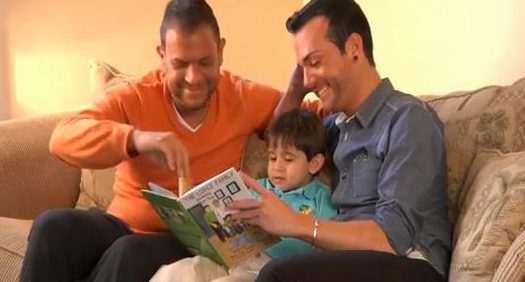We know it’s not always easy to motivate children to read more so here are 10 ways to help inspire your kids to love books just as much as you did!
- Make reading time synonymous with play time. Many parents make the mistake of taking away tablets and smart devices as a punishment. They’ll say, “read a book instead!” This can make your child associate reading and literature with punishment instead of fun. If you make reading the prize for a job well done or a trip to the library an over-the-weekend treat, your children will begin associating reading with constructive optimism.
- If you’re child already has a preconceived association with reading in his mind, and you just can’t get him to engage in story time, start an incentive program. If he reads three books, he gets a special one-on-one lunch with you at his favorite restaurant. You can change up the prizes and scope out what seems to work the best. Remember, don’t make screen-time a prize! This includes television, movies, tablets, smartphones etc. The goal is to lessen the child’s desire for a predominantly technologically fueled lifestyle and inspire imagination and creativity.
- An easy way to encourage reading is to have the materials to do so at hand. Be sure to have an abundance of books at home at your children’s disposal. Don’t give them the chance to get bored by reading the same ones over and over. If you don’t have the means or the space to own the books, take routine trips to the library and get your kids excited about choosing a few magical books off the wondrous shelves filled with thousands of colorful titles. If you’re going on a long car ride or beach vacation, leave the devices at home and bring a diverse bin of books for you and your children to enjoy.
- What better way to show your kids how great reading can be than by reading yourself? Kids love to copy the behavior of their parents. Instead of playing Candy Crush on your iPad all weekend, why not kick back with a copy of Nicholas Sparks’ The Notebook and start flipping pages? Your wide-eyed little ones will inevitably be inspired by your new hobby. Whether consciously or subconsciously, they will begin associating reading with your loving and hardworking self, and aspire to be just like you.
- If you’re children insist on using their tablets and you feel guilty saying no (it’s a lot harder to say no to the pleading bundles of cuteness than some may think), let them make use of the e-reader function. We like to think of ourselves as honest, but trickery is never above us as parents. If little Henry needs some inspiration, make him think his new Kindle is just as cool as his Angry Birds iPad app. Once he’s enthralled in a book, you won’t be able to get him to stop reading!
- Don’t force a certain book on them, let them decide what they want to read. Feeling in control of their choices will inspire confidence and a sense of purpose.
- Show interest in your child’s reading. Let them read to you. Again, this will make them feel in control and show them that you’re proud of them for what they’re doing. Children love please their parents. Showing them they’re doing just that by reading is enough itself to inspire them to keep on going. Plus, it will ultimately help them with their speaking and pronunciation skills.
- Make sure you have a set time in your day that your children know as “reading time.” Make it part of their daily routine, just like brushing their teeth and eating lunch. Many parents choose bedtime to read a story. If you want to take this one step further, add in another segment of your day devoted to reading time. Maybe before lunch, or right after the older children get off the bus on their way home from school – a time when your child’s mind is more awake and stimulated.
- Although both reading to your child and having her read to you is great, try reading aloud together. Doing this will tickle your insides by forming an even deeper bond between you and your children.
- And lastly, after you’ve read a book together, talk about it. Engaging in conversation with your children can sometimes be difficult, especially as they grow older. The usual “How was school today?” question followed by the unenthusiastic one-word reply, “good,” just doesn’t cut it for some parents. Get a child excited about a book you’ve read together. If it’s a series, talk about how excited you are about reading the next one together! l

